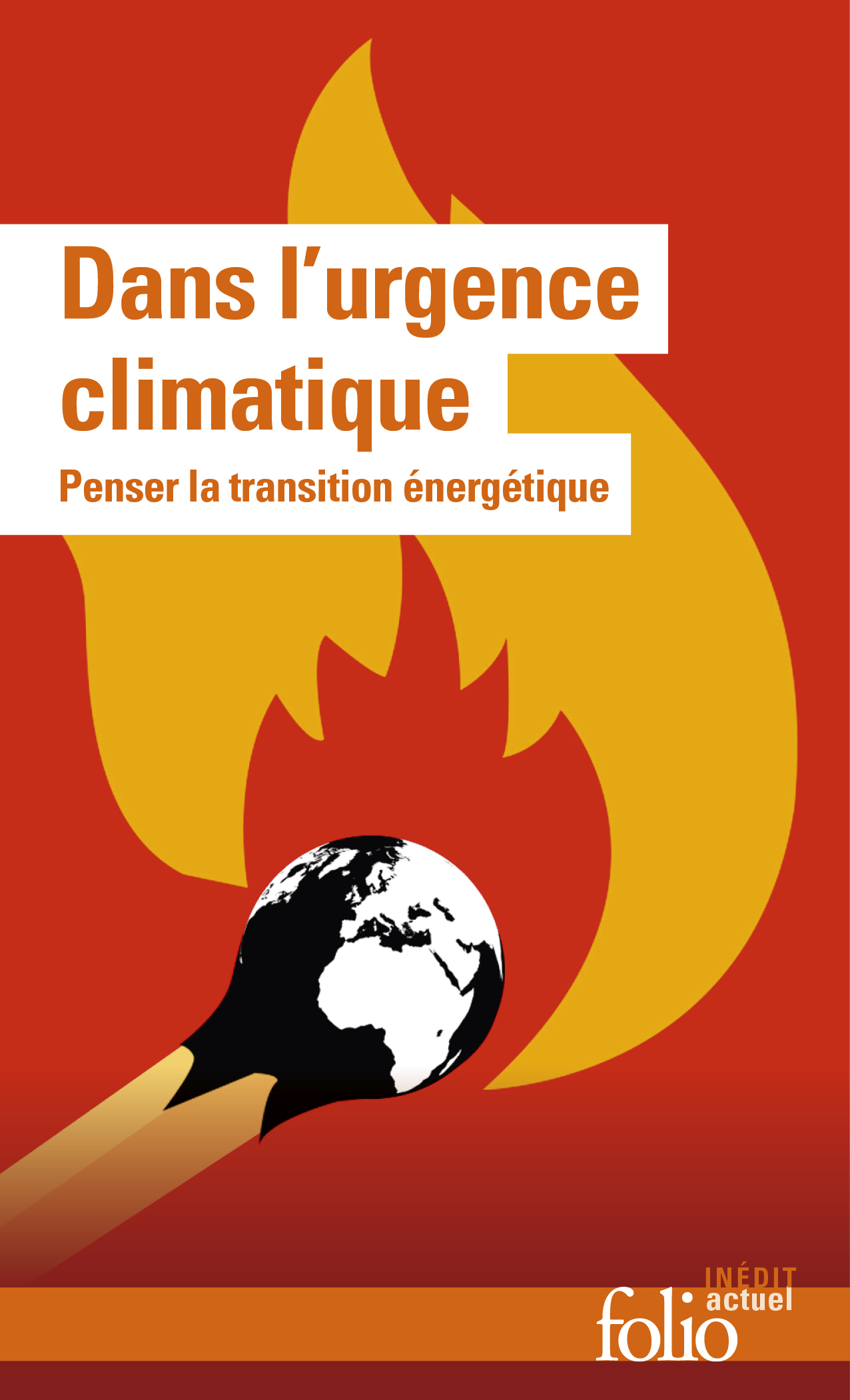Blog Post
Backloading – An ineffective economic measure for a good political reason?
Wednesday afternoon will see the fourth vote in the European Parliament (this time again in the environment committee) on a scheme to temporarily reduce the number of allowances available to participants in the EU emissions trading system in order to stabilise dwindling allowance prices.
Wednesday afternoon will see the fourth vote in the European Parliament (this time again in the environment committee) on a scheme to temporarily reduce the number of allowances available to participants in the EU emissions trading system in order to stabilise dwindling allowance prices. This is referred to as “backloading”, because the 900 million allowances that would be withheld from the market in 2013-2015 would be reintroduced in 2019-2020.
Much has been written on the advantages and disadvantages of this proposal. For David Hone at Shell there are a number of reasons to vote in favour of back-loading. First, restoring the price signal will increase market confidence, necessary to improve investment decisions (eg, in carbon sequestration projects). In more political terms, the backloading decision could boost the idea of a single EU market and could promote EU leadership on carbon trading. In fact, since 2005, many countries have followed Europe’s example and introduced an ETS system at home.
On the academic side, Neuhoff and Schopp (2013) are strongly in favour of backloading as a means to tighten the demand-supply balance in the carbon market. They argue that while a modest oversupply in the system is fine as long as enough emitting companies have to buy allowances for their foreseeable needs (hedging), the price collapses when the oversupply in the system reaches a certain level. Hence, a weak form of scarcity is essential to obtain meaningful prices.
The carbon trading campaign group Sandbag underlines that, from the UK perspective, it would be counterproductive to vote against backloading as the price disparity between the UK “Carbon Price Floor” and the EU ETS would otherwise increase to the detriment of UK electricity generators.
At the same time numerous commentators (such as member of the European Parliament Korhola) have warned that an intervention in the market mechanism could be seen as a signal of high political volatility, scaring away investors. We have argued in an earlier blogpost (Decarbonisation is no 100 metre race) and a recent paper (You’d better bet on the ETS) that the ETS is a very efficient decarbonisation policy, but that backloading does not resolve the structural issue of the ETS – the lack of long-term credibility of the system.
But beyond arguments about whether backloading is the best tool to stabilise the ETS or not, the discussion has shifted towards whether the ETS itself is an appropriate tool for cost-effective decarbonisation, and even if we can afford decarbonisation in the current economic climate. Consequently, for many commentators, backloading is not about the demand-supply situation in the ETS but s mainly a political issue (Carbon Clear, Stop Climate Change). The argument is that a negative vote on backloading will demonstrate a general distrust in the ETS. Hence, the backloading decision has been turned into a symbolic choice on the future of European decarbonisation policies (Felix Matthes).
This makes it difficult for policymakers that agree that the ETS is the appropriate tool for decarbonisation, but fear that backloading is inappropriate for improving the system.
Republishing and referencing
Bruegel considers itself a public good and takes no institutional standpoint. Anyone is free to republish and/or quote this post without prior consent. Please provide a full reference, clearly stating Bruegel and the relevant author as the source, and include a prominent hyperlink to the original post.









